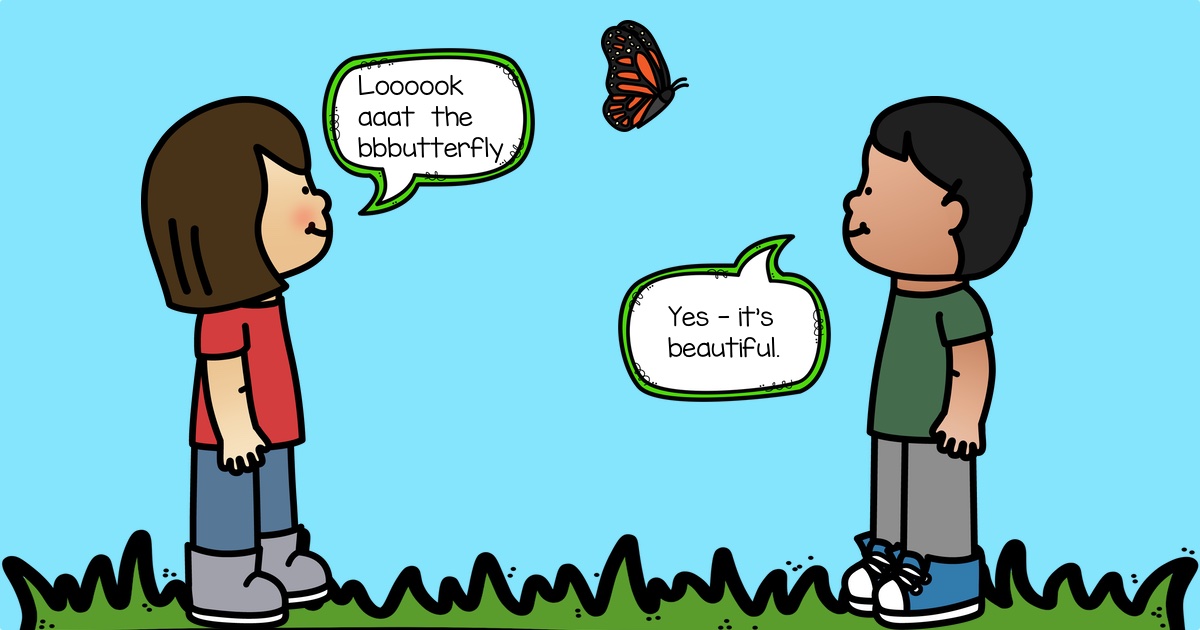Education
Summarizing
Summarizing is a crucial cognitive skill that involves distilling the main ideas and key points from a larger body of information. This process requires the ability to identify essential concepts, discard less relevant details, and concisely express the core message. Benefits of summarizing include: Improved comprehension and retention of information Development of critical thinking and […]
Education
Successive Relearning
Successive relearning is an evidence-based learning strategy that combines two powerful techniques: retrieval practice and spaced repetition. This method involves repeatedly studying and testing oneself on the same material over increasing time intervals, enhancing long-term retention and recall. Key principles of successive relearning: Initial learning through study and self-testing Repeated retrieval attempts at gradually increasing […]
Education
Successful Intelligence
Successful intelligence, a concept developed by psychologist Robert Sternberg, proposes that success in life is achieved through a balanced combination of analytical, creative, and practical abilities. This theory challenges traditional notions of intelligence that focus primarily on academic skills measured by IQ tests. The three components of successful intelligence are: Analytical intelligence: Problem-solving and critical […]
Education
Subject-Centered Curriculum
A subject-centered curriculum is an educational approach that organizes learning around specific academic disciplines or subjects. This traditional model of curriculum design focuses on imparting knowledge and skills within well-defined subject areas, such as mathematics, science, literature, and history. Characteristics of a subject-centered curriculum include: Clear division of knowledge into distinct subjects Emphasis on mastery […]
Education
Subconscious Underachieving
Subconscious underachieving is a psychological phenomenon where individuals unconsciously perform below their true potential. This behavior often stems from deep-seated fears, self-doubt, or negative beliefs about one’s abilities. Unlike conscious underachievement, where a person deliberately chooses not to excel, subconscious underachievers are often unaware of the internal barriers holding them back. Key aspects of subconscious […]
Education
What is Style Shifting?
Style shifting is a sociolinguistic concept that refers to the way individuals adjust their language use based on social context, audience, or communicative goals. This phenomenon is a natural part of human communication and demonstrates linguistic flexibility and social awareness. Key aspects of style shifting: Register variation: Changing formality levels (e.g., casual vs. professional speech) […]
Education
What is Stuttering?
Stuttering is a speech disorder characterized by disruptions in the normal flow of speech. It typically begins in childhood and can persist into adulthood. Stuttering affects approximately 1% of the global population and is more common in males than females. Key features of stuttering: Repetitions: Repeating sounds, syllables, or words Prolongations: Stretching out sounds or […]
Education
What is Student-Level Data?
Student-level data refers to detailed information collected about individual students within an educational system. This data is crucial for understanding student performance, tracking progress, and making informed decisions about educational policies and practices. Types of student-level data include: Demographic information (age, gender, ethnicity, etc.) Academic performance (grades, test scores, etc.) Attendance records Behavioral data Special […]
Education
What is Student-Centered Curriculum?
A student-centered curriculum is an educational approach that places the learner at the heart of the learning process. This model shifts away from traditional teacher-led instruction to focus on students’ needs, interests, and learning styles. Key characteristics of a student-centered curriculum: Active learning: Students engage in hands-on activities and discussions. Personalization: Learning experiences are tailored […]
Education
What is Student Teaching?
Student teaching is a crucial component of teacher education programs where aspiring teachers gain practical classroom experience under the guidance of experienced mentor teachers. This hands-on training is typically the final step before obtaining teaching certification. Key elements of student teaching: Observation: Student teachers observe experienced educators in action. Gradual responsibility: They progressively take on […]













